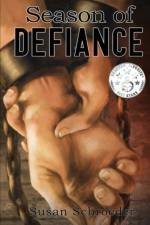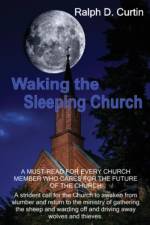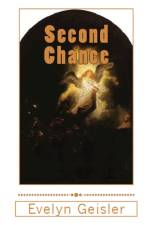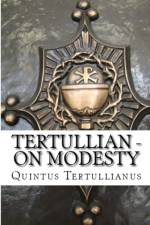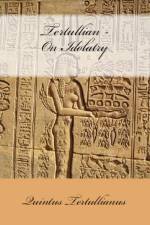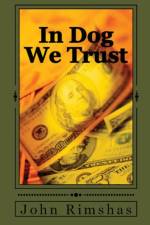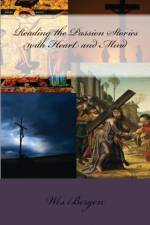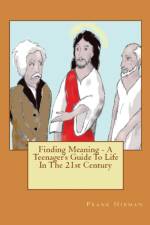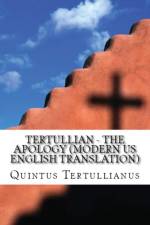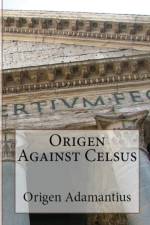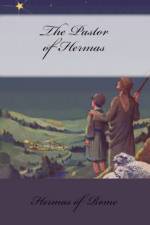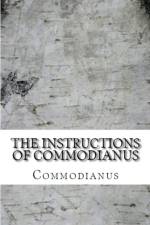av Origen Adamantius
361
The treatise of Origen Against Celsus is, of all his works, the most interesting to the modern reader. It is a defense of Christianity in opposition to a Greek philosopher named Celsus, who had attacked it in a work entitled, The True Word, or The True Discourse. Of this work we know nothing, except from the quotations contained in the Origen Against Celsus answer given to it by Origen. Nor has anything very certain been ascertained respecting its author. According to Origen, he was a follower of Epicures, but others have regarded him as a Platonist. If we may judge of the work by those specimens of it presented in the reply of Origen, it was little better than a compound of sophistry and slander. But there is reason to be grateful for it, as having called forth the admirable answer of Origen. This work was written in the old age of our author, and is composed with great care; while it abounds with proofs of the widest erudition. It is also perfectly orthodox; and, as Bishop Bull has remarked, it is only fair that we should judge from a work written with the view of being considered by the world at large, and with the most elaborate care, as to the mature and finally accepted views of the author. His great apologetical work was the treatise undertaken at the special request of his friend Ambrosius, in answer to the attack of the heathen philosopher Celsus on the Christian religion, in a work which he entitled A True Discourse. Origen states that he had heard that there were two individuals of this name, both of them Epicureans, the earlier of the two having lived in the time of Nero, and the other in the time of Adrian, or later. Redepenning is of opinion that Celsus must have composed his work in the time of Marcus Aurelius (161–180 a.d.), on account of his supposed mention of the Marcionites (whose leader did not make his appearance at Rome before 142 a.d.), and of the Marcellians (followers of the Carpocratian Marcellina), a sect which was founded after the year 155 a.d. under Bishop Anicetus. Origen believed his opponent to be an Epicurean, but to have adopted other doctrines than those of Epicurus, because he thought that by so doing he could assail Christianity to greater advantage. The work which Origen composed in answer to the so-styled True Discourse consists of eight books, and belongs to the latest years of his life. It has always been regarded as the great apologetic work of antiquity; and no one can peruse it without being struck by the multifarious reading, wonderful acuteness, and rare subtlety of mind which it displays. But the rule which Origen prescribed to himself, of not allowing a single objection of his opponent to remain unanswered, leads him into a minuteness of detail, and into numerous repetitions, which fatigue the reader, and detract from the interest and unity of the work. He himself confesses that he began it on one plan, and carried it out on another. No doubt, had he lived to re-write and condense it, it would have been more worthy of his reputation. But with all its defects, it is a great work, and well deserves the notice of the students of Apologetics. The table of contents subjoined to the translation will convey a better idea of its nature than any description which our limits would permit us to give.

